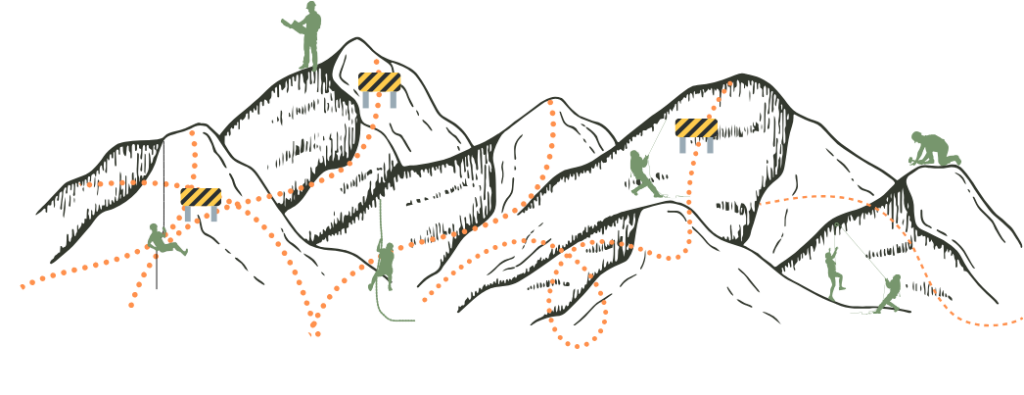Ketamine therapy is emerging as a promising treatment for certain mental health disorders, providing hope for patients who have found little relief with traditional therapies. But how exactly does ketamine therapy work? This article delves into the fascinating science behind this innovative treatment.

Let’s imagine the brain as an intricate network of trails in a forest. These trails represent our thoughts and emotions, and the more we use specific trails, the more established they become. Now, imagine that depression and anxiety are like landslides that block some of the trails we use to feel happy or calm. These blocked trails might cause us to take paths that lead to feelings of sadness or worry.
Ketamine therapy is like a skilled trail repair crew. It works by binding to certain receptors in the brain, known as NMDA receptors, and helps create new trails – this is a process called neuroplasticity. These new paths can bypass the blocked ones, allowing us to return to feelings of happiness and calm. However, just like trail repair, this process takes time and professional guidance for it to be effective and safe.
Here are other benefits that make the treatment a great solution for individuals seeking mental health relief:
- Rapid relief: Unlike conventional antidepressants that take several weeks to take effect, ketamine therapy can sometimes provide relief from symptoms within hours of administration.
- Effectiveness for a range of conditions: Beyond depression, ketamine therapy has also been successful in treating a number of other mental health conditions, including anxiety, PTSD, and certain chronic pain disorders. See here for our full list of conditions we treat.
- Individualized treatment plans: Ketamine therapy can be tailored to the specific needs and responses of the individual patient, increasing the chances of a successful outcome.
Ketamine therapy is not only science; it’s hope, presenting a new frontier in mental health treatment. However, like all treatments, it’s not without its risks and is thus administered under the guidance of healthcare professionals. As understanding of its mechanisms continues to evolve, ketamine therapy may pave the way for more effective, personalized treatments for mental health disorders.
Interested in learning more? Book your free consultation today.
Searching for the best ketamine clinic in Utah? Anew Therapy offers expert care and proven results. Schedule your free intake appointment today.


